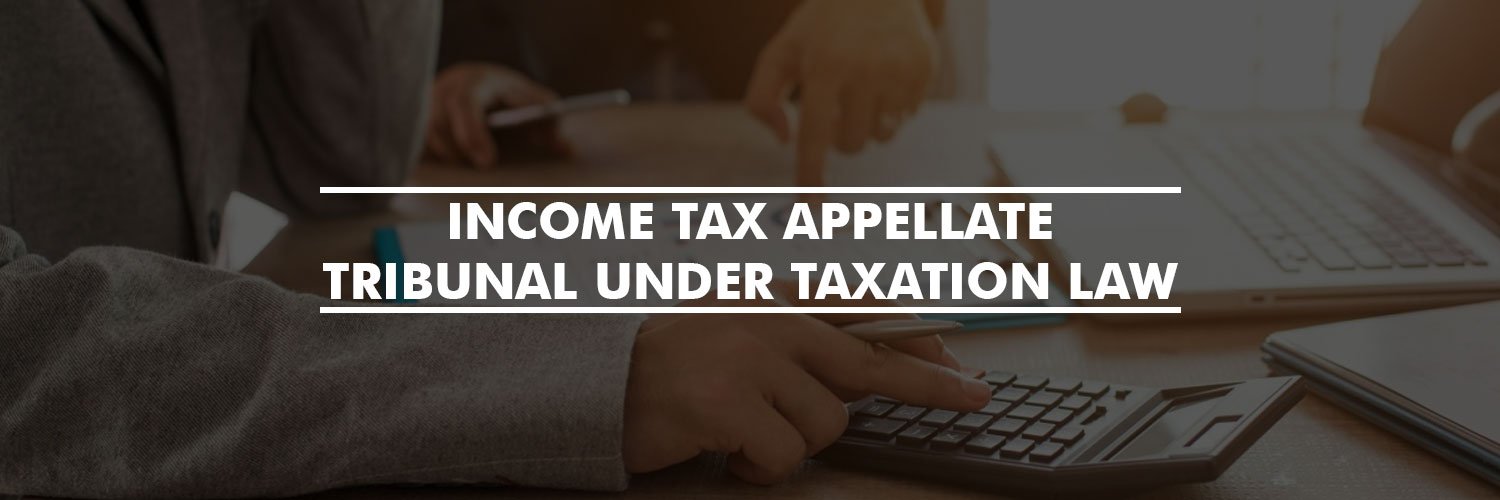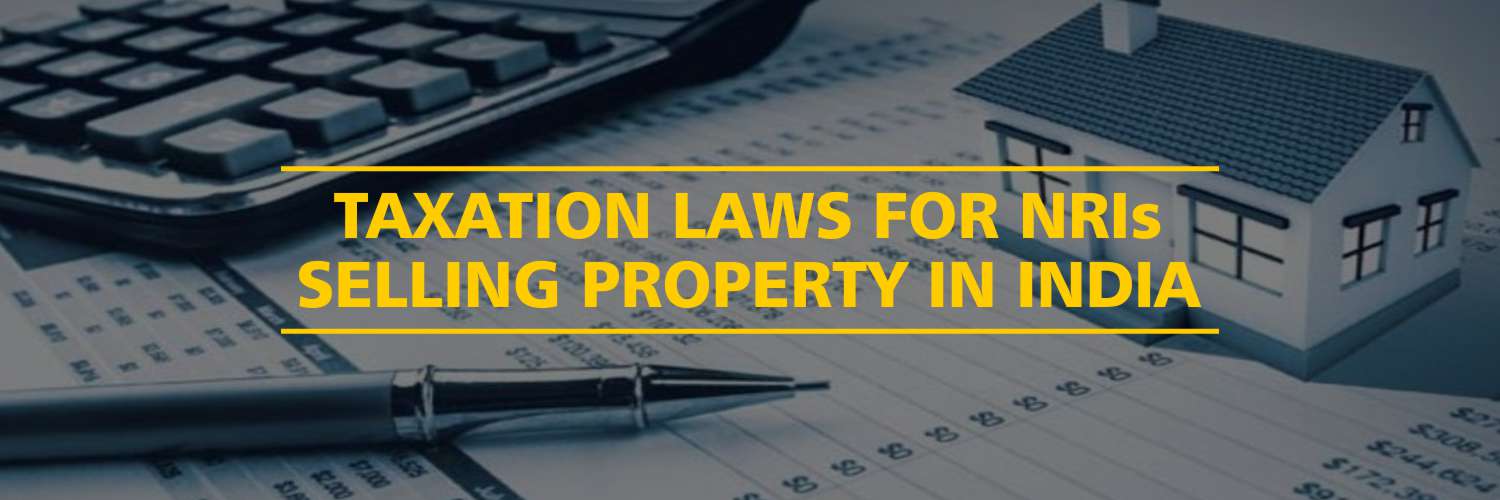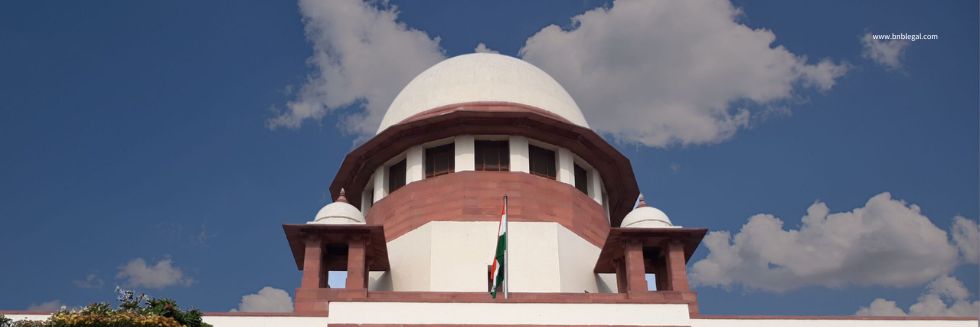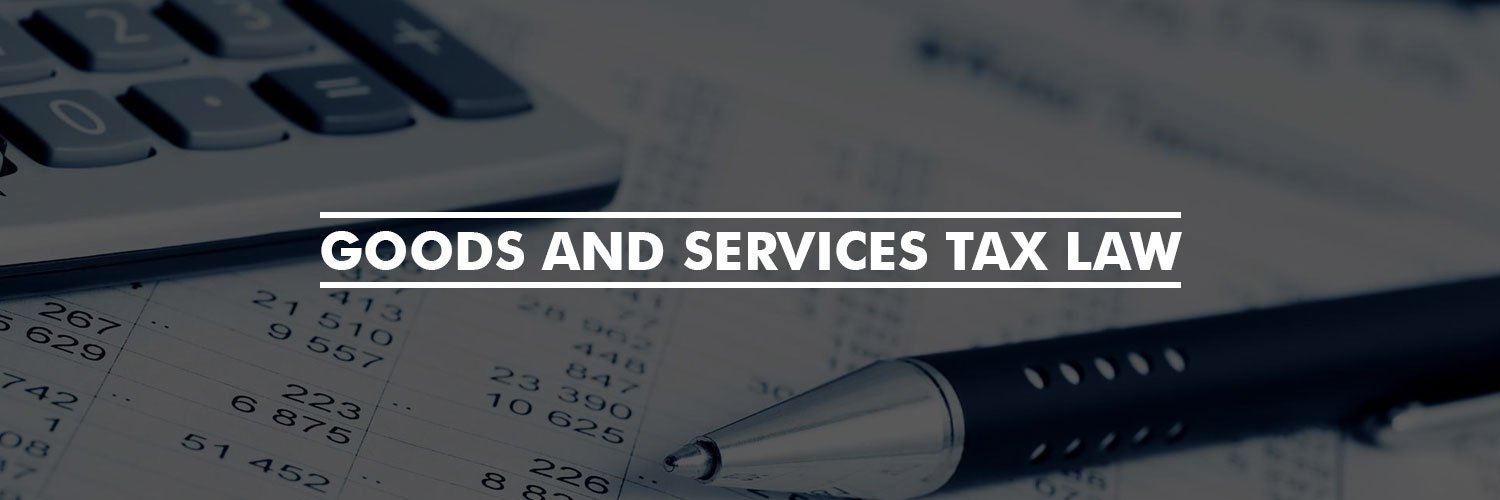Abstract
A country is made by its taxpayers. The Taxpayers are the citizens of the country who pay taxes and in turn, the government of the country utilise those taxes in the development of the country. India had 8.22 crore taxpayers, inclusive of individuals and corporates, in the Financial Year 2019- 2020. When the world was hit by the tragic COVID-19 pandemic, it was like never before. Along with the medical emergency, came other emergencies as well. One sector which was the most affected by the lockdown period of the pandemic was the financial sector of the world. India faced tremendous economic degradation, mainly because the market was shut and there was no flow of money. This situation also directly had an effect on the taxes and the taxpayers of the country, as they were not able to pay the due taxes. Looking at the situation, the President of India called for an Ordinance where The Taxation and Other Laws (Relaxation of Certain Provisions) Ordinance, 2020 was passed. This Research Paper is a study on how, by virtue of this Amendment passed, India was able to manage and help its taxpayers by giving them relief and extensions, and at the same time, fight against the crunch that it was facing. The paper also tries to explain the positive and negative effects of the same and what major amendments were made through it.
Introduction : A study on how India managed its Taxes during the pandemic
The recent pandemic had led to the implementation of a lockdown and because of this lockdown, there were so many such things that had become stagnant. The majority of the activities that we did, required movement and provisions of tax and finance and other such laws are no exceptions and therefore the government along with many major decisions, amended certain provisions related to tax and finance-related sectors. The Union Finance Minister of India, Nirmala Sitharaman, called a press release in which she stated about the different amendments that were being made under different provisions of the Insurance Act 1938, Benami Transactions (Prohibition) Act, 1988 and other such laws in order to provide a relief measure to the citizens amid the COVID-19 pandemic. The press release was called upon on the 24th of March in which the Union Finance Minister also stated that those amendments would be implemented from the 31st of March. This was supposed to go on for a period of three months, that is until the 31st of June. The Taxation and Other Laws (Relaxation of Certain Provisions) Ordinance, 2020 was published in the Gazette of India on the 31st of March 2020.
Significance Of Taxation and Other Laws (Relaxation of Certain Provisions) Ordinance, 2020
The country saw one of the most difficult economic situations in history during the lockdown period. In order to tackle the situation, this ordinance bill was passed as it was believed that it would come to aid during those difficult times. The President called for an ordinance to make the amendments because the Parliament was not in session due to the tragic COVID-19 pandemic. The President, although he is the head of the executive, has been vested with the legislative power of ordinance made by Article 123 of the Constitution of India.
123. Power Of President To Promulgate Ordinances During Recess Of Parliament
1) If at any time, except when both Houses of Parliament are in session, the President is satisfied that circumstances exist which render it necessary for him to take immediate action, he may promulgate such Ordinance as the circumstances appear to him to require.
(2) An Ordinance promulgated under this article shall have the same force and effect as an Act of Parliament, but every such Ordinance
(a) shall be laid before both House of Parliament and shall cease to operate at the expiration of six weeks from the reassemble of Parliament, or, if before the expiration of that period resolutions disapproving it are passed by both Houses, upon the passing of the second of those resolutions; and
(b) may be withdrawn at any time by the President Explanation Where the Houses of Parliament are summoned to reassemble on different dates, the period of six weeks shall be reckoned from the later of those dates for the purposes of this clause.
(3) If and so far as an Ordinance under this article makes any provision which Parliament would not under this Constitution be competent to enact, it shall be void CHAPTER IV THE UNION JUDICIARY
This step was a necessary step for the Government to take because the COVID-19 pandemic had been greatly affecting our nation financially and also in all other ways. Therefore, it was a necessary step by the government. The government, through this act, was trying to bring compliance in relief measures into effect for the taxpayers amidst the pandemic. The Ordinance covered many provisions under income tax and other financial laws like the Central Excise Act of 1944, the Customs Act of 1962, etc. This Ordinance gave certain extensions in various time limits. On looking at the various amendments it could be inferred that the main agenda was to extend the deadline, which in return, would help the taxpayers. It was also stated that different dates would be specified for the compliance of different duties/actions. A Cut down on the payable amount was not majorly seen in the ordinance. This Ordinance called for amendments under two types of taxes,
- Direct Taxes and
- Indirect Taxes
Apart from these two, certain provisions under the Central Goods and Service Tax Act of 2017 had been amended as well. The different Acts under which certain amendments were made are stated below:
- Income Tax Act of 1961
- Prohibition of Benami Property Transactions Acts of 1988
- Central Excise Act of 1944
- Customs Act, 1962
- Wealth Tax Act, 1957
- Direct Tax Vivad se Vishwas Act, 2020
- Customs Tariff Act, 11975
- Central Goods and Services Tax Act, 2017
- Black Money (Undisclosed Foreign Income and Assets) and Imposition of Tax Act, 2015
- Chapter VII of the Finance (No. 2) Act, 2004 relating to the securities transaction tax
- Chapter VII of the Finance Act, 2013 relating to the commodities transaction tax
- Chapter VIII of the Finance Act, 2016 relating to the equalization levy
- Chapter V of the Finance Act 1994 which is related to service tax
- Sabka Vishwas ( Legacy Dispute Resolution ) Scheme, 2019
These acts include both direct taxes as well as indirect taxes. The government had also mentioned that the limitation period as stated initially might as well get extended if the future situation and condition of the country required any further postponing of the due dates.
Salient Features Of Taxation and Other Laws (Relaxation of Certain Provisions) Ordinance, 2020
In the Gazette, it could be seen that the amendments that were made were basically divided into two parts, the first one being the amendments under Direct Taxes and Benami and the second one being the amendments under Indirect Taxes. Firstly, talking about the amendments under Direct Taxes and the Benami, there were a total of eight amendments under it. Now, what basically is direct tax? It is the tax which is calculated upon the gross income of an individual, levied on a person’s income, and are paid directly by the taxpayers or an organisation to the tax authorities of the Government of India. Examples of Direct Taxes are Corporate Tax, Income Tax, and Capital Gains Tax.
Direct Taxes
The following given points summarize the amendments made under the category of Direct Tax payment and Benami.
- The first point talks about the extension of the date for filing of original as revised income tax returns For the FY 2018-19 or AY 2019-20. Original is when the return is being filed for the first time while revised is when it is filed after certain modifications in the original one. The date has been extended to the 30th of June 2020.
- It has also extended the date for linking Aadhaar to a Permanent Account Number (PAN) till the 30th of June.
- The third point is a very significant point. Under Chapter VIA-B of the Income Tax Act, 1961, Various investments that a taxpayer makes in order to claim deduction on tax such as LIC, Public Provident Fund (PPF), National Savings Certificate (NSC) (sec-80C) medi-claim(sec-80D), Donations(sec- 80G), etc. can now be made till 30th of June 2020. Such deductions can be claimed for the Financial Year 2019- 2020.
- Under Section 54 to 54GB of the Income Tax Act, any investment/ construction/purchase made up to 30.6.2020 can be claimed for deductions from capital gains during FY 2019-20.
- As per the Special Economic Zones Act of 2005, those units which have been issued a letter of approval can claim deductions under section 10AA of the Income Tax Act, 1961 by 30.6.2020.
- The sixth point can be seen as a benefit to the government. Prior to the amendment, the authorities had to issue a notice or order within a certain time limit, after which the order or the notice would be termed invalid, but after the amendment, such order or notice shall be valid till 30.6.2020.
- Any Income Tax, commodities Transaction Tax, etc. due for payment from 20.3.2020 to 29.6.2020 shall be charged a reduced rate of interest of 9% if paid by 30.6.2020 and also there shall be no penalty or prosecution for the non-payment of the same.
- The last point under the Direct tax and Benami talks about the Vivad se Vishwas Scheme. It is a scheme for such tax disputes related to income tax and corporation tax between an individual and the authority which is pending. The amendment has extended the date for the payment to 30.6.2020 and no additional payment shall be made till this date.
Indirect Taxes
Coming to the provisions of Indirect Taxes, certain extensions had been given here as well. Indirect taxes are those taxes which are given on the different services that an individual avails or purchases that he makes. It is levied on the consumption of goods and services and not directly levied upon the income of a person. The customer has to pay these along with the price of goods or services bought.
- The first point states an extension for furnishing of Central Excise returns which are due in March, April and May to 30.6.2020.
- The filing of appeals, refunds, etc. under the Central Excise Act, 1944 has also been extended to 30.6.2020.
- The second point also applies under the Customs Act of 1962 and to Service Tax.
- The Sabka Vishwas (Legacy Dispute Resolution) scheme, which is available for any dispute on indirect taxes that also includes various cesses and Central Excise duty has also been amended. In this, the committee which determines the amount to be paid had to issue a statement within 60 days of the receipt of the declaration, but now it can be issued till 31st May 2020. The particular individual required to pay the amount was required to pay that amount within 30 days, but after the amendment, it can be paid by 30.6.2020. The government has provided for further extension of due dates in the Gazette, if the case may be, that the government does not require to call for an amendment every time, and a mere notification would fulfill the same. Further, the Gazette has provided one of the most important features of the Ordinance. Under this, the Ordinance talks about amendments under Section 80G of the Income Tax Act which talks about deductions in respect of donations to the PM CARES Fund. After the amendment, only those donations made to the PM CARES Fund shall be eligible for deductions on tax and any such donations made to certain funds, charitable institutions, etc. shall not be eligible for the deduction in tax. The Prime Minister’s Citizen Assistance and Relief in Emergency Situations Fund or the PM CARES Fund has been raised specifically to raise funds against novel COVID-19 to provide relief to those persons who have been affected by the outbreak of Corona Virus. There is no limit to the payable amount, neither the lower limit nor the upper limit. Any person can pay what so ever amount they can and it will be eligible for a 100% deduction from their gross income. Also, there is no limit on the deduction of 10% of gross income. Also, the donations made up to the 30th of June 2020 shall be eligible for the deduction, since the date for such has been extended as discussed in the first point under Direct Tax and Benami.
Aims And Objectives Taxation and Other Laws (Relaxation of Certain Provisions) Ordinance, 2020
The Ordinance, before stating the amendments, had given a background of the reason as to why such sudden ordinance had been called upon and also the reason behind the implementation of the amendments. It was one of the several relief measures that were being taken by the government relating to statutory and regulatory compliance matters. It is not unknown that COVID-19 is a life-threatening contagious disease. Since it is contagious, it can be transferred from one person to another. It is highly transferable and has also taken the lives of many. Therefore, a very major and sudden decision of the lockdown was taken by the government with many relief measures. With the lockdown, most of the businesses have gone through losses. Petrol pumps, food chains, general stores, and different shops are going through huge losses and in such a situation, it obviously becomes difficult to pay the taxes. Also, to pay the taxes, people need to reach the offices of Income Tax and Banks because many people do not have the access to the internet. All these things would have led to chaos in an already chaotic situation. Therefore, the main aim behind the implementation of such amendments was to manage and control the current situation and to prevent any further messing up of the situation. It was implied in order to ease the burden of statutory and compliance requirements. It will also provide immediate relief to the taxpayers in the current disrupted condition of the country amidst the country-wide lockdown.
Critical Analysis Of Taxation And Other Laws (Relaxation of Certain Provisions) Ordinance, 2020
This Ordinance came as a big relief in the situation that was prevalent during the lockdown period. This was a necessary step to be taken and the then situation was calling for such amendments. But on the other side, it hugely adversely affected the economy of the country. At the beginning of the outbreak, the Government had suggested an economic hit of up to half a percentage point in the Financial Year 2021. But eventually, it could be seen that this economic hit that the country was facing only increased day by day. The cut in the penalty amount and non-penalty upon failing to pay the taxes due this hit even deeper. It was inevitable for our economy to get unstable but the then situation required it. The sources of income have decreased vastly and the expenditures have risen a lot due to the coronavirus pandemic. But there is nothing that could be done as of now. Also, the amendment made under section 80G of the income tax act encouraged the taxpayers to give donations to the PM CARES FUND because it also made them eligible for the deduction in the taxes.
Conclusion
The COVID-19 Lockdown period was period that was the first of its kind. It was like a never before happening. The pandemic, in itself, was difficult. the hospitals were overcrowded with patients, there was no cure to found, no vaccines were available at that time, and scientists were still in the process of making one. But, as if all those were not enough, it created a chain reaction of problems with it. Along with the pandemic, there came other difficulties to be faced. The main reason was the lockdown. Markets, which are a significant part of the economy and financial condition of a country, were shut. People were out of jobs because the supplies were stopped. For India, this was especially a difficult moment as India being the second most populous country in the world and the seventh largest country in the world, it was becoming difficult for it to handle the financial crisis in the country. India has always been a country where unemployment has been a major problem, but with the lockdown, it was worse. More importantly, the country needed funds, as in Taxes to face the situation. In such circumstances, the step taken by the Finance Minister, Nirmala Sitharaman was indeed a light at the end of the cave, and it certainly did help the taxpayers of the country by giving a sigh of relief. Like any other scheme, this ordinance that was called upon for amendments under Tax laws also had benefits as well as certain drawbacks that have been discussed above. But in that situation, it was the call of the moment. Today, India is again able to gradually and steadily stand on its feet in terms of finances. It measured like these that helped India regain its position. The scheme was able to pull many numbers of taxpayers of the country from the pit of bankruptcy by giving them extensions.
This article is written and submitted by Varsha Kumari Mishra during her course of internship at B&B Associates LLP. Varsha is a law student from Law College Dehradun, Uttaranchal University.









